Sport
The mosque is located in Hebron’s Old City in an area under Israeli occupation where roughly 400 illegal Israeli settlers live under the “protection” of around 1,500 Israeli soldiers.
Israeli authorities have stripped the Palestinian-run Hebron municipality of administrative powers over the Ibrahimi Mosque and transferred them to a Jewish settler religious council, according to a report Tuesday by the Israel Hayom daily.
Describing the move as a “historic and unprecedented change,” the newspaper said Israel's so-called civil administration had reassigned authority over the holy site to the religious council of the Kiryat Arba settlement, adjacent to Hebron in the occupied West Bank.
The report did not specify the scope of powers transferred but said the move aims to facilitate “structural changes” at the site.
Located in the Old City of Hebron, which is under Israeli occupation, the Ibrahimi Mosque is surrounded by approximately 400 illegal Israeli settlers protected by about 1,500 Israeli soldiers.
The mosque complex is believed by Abrahamic religions to hold the remains of Prophet Abraham and his family.
Zionist terror attack
On 25 February 1994, which was also the 15th day of Ramadan, Baruch Goldstein, a Zionist terrorist, carried out a massacre in the Ibrahimi Mosque.
Goldstein entered the mosque and opened fire at praying Muslims with an automatic weapon, killing 29 and wounding about 150 others.
Later that day, during and after the funeral processions of the victims, there were violent clashes between Palestinian demonstrators and occupation forces, and more Palestinians were killed, according to the Institute for Palestine Studies.
Shamgar Commission
After the 1994 massacre, Israel divided the mosque, allocating 63 percent for Jewish worship and 37 percent for Muslims.
The prayer room for Jews is situated in the Muslim section.
It marks the first major shift in the status of the mosque since the 1994 recommendations of the Shamgar Commission, which divided access.
According to the Israel Hayom daily, the so-called civil administration has long sought to implement structural changes at the site, including roof renovations and construction over “Jacob’s Courtyard,” which serves Jewish worshippers for most of the year.
There has been no official confirmation from Israeli authorities or response from the Palestinian government to the report.
Comments
No comments Yet








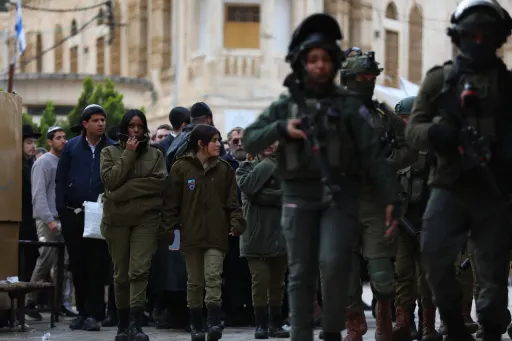
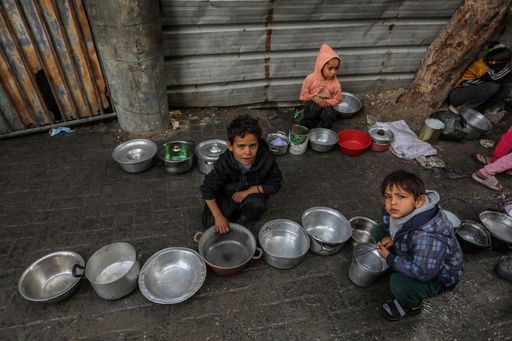

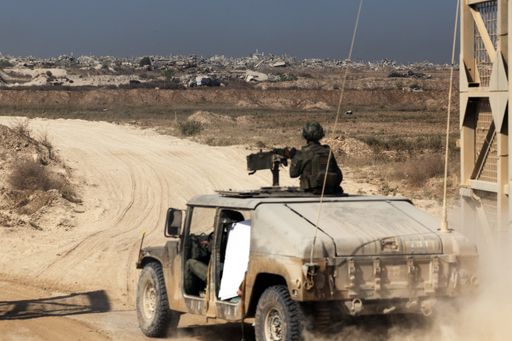




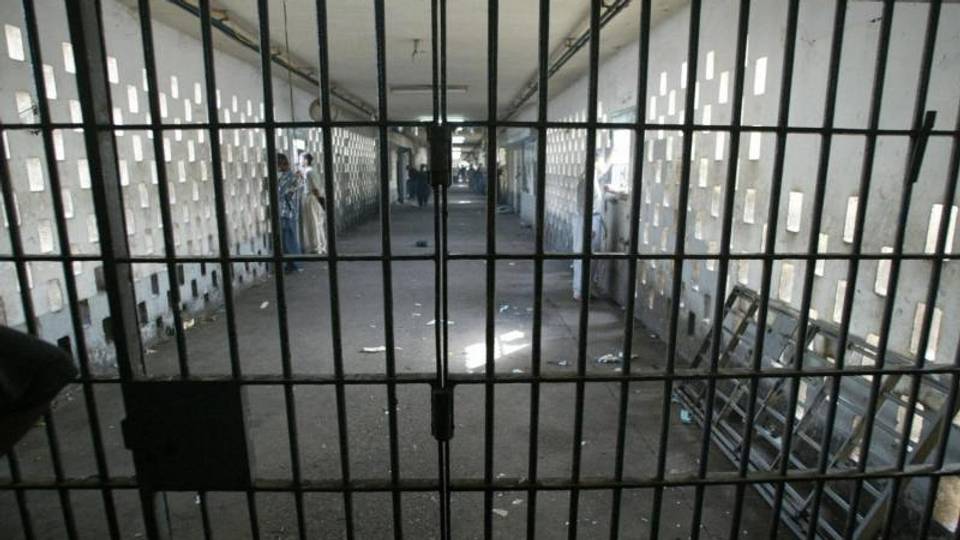
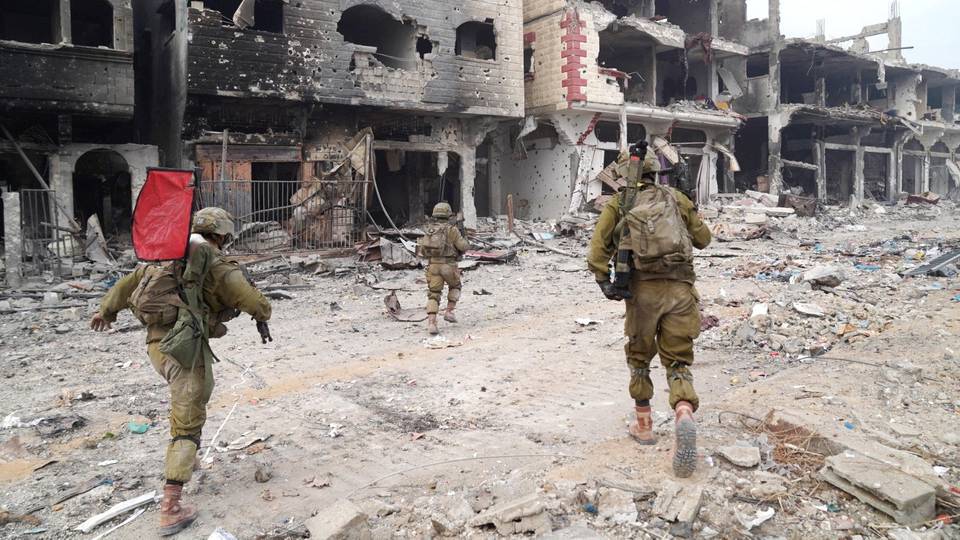


Comment